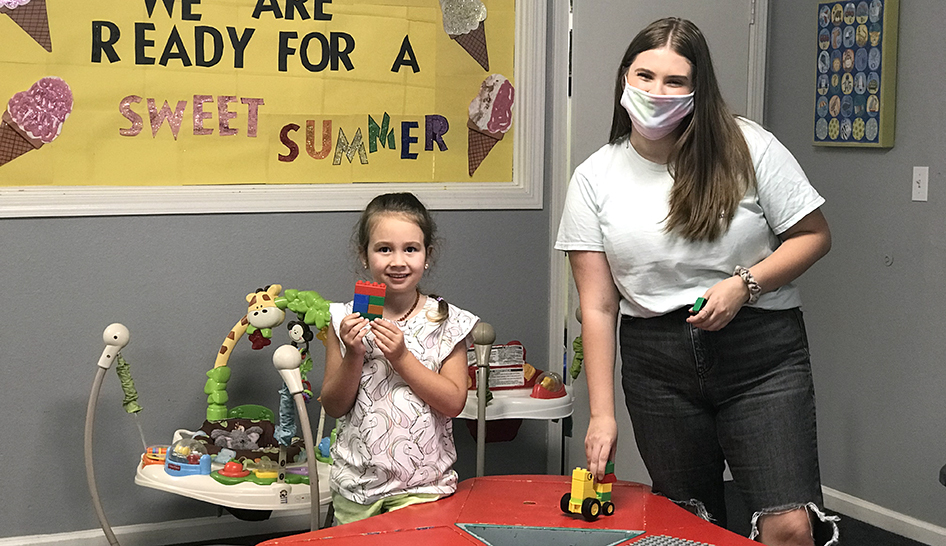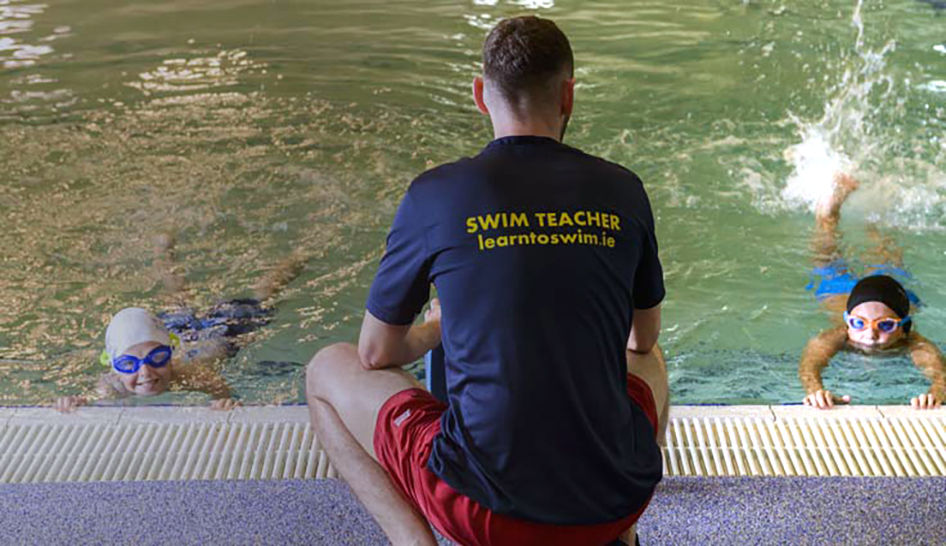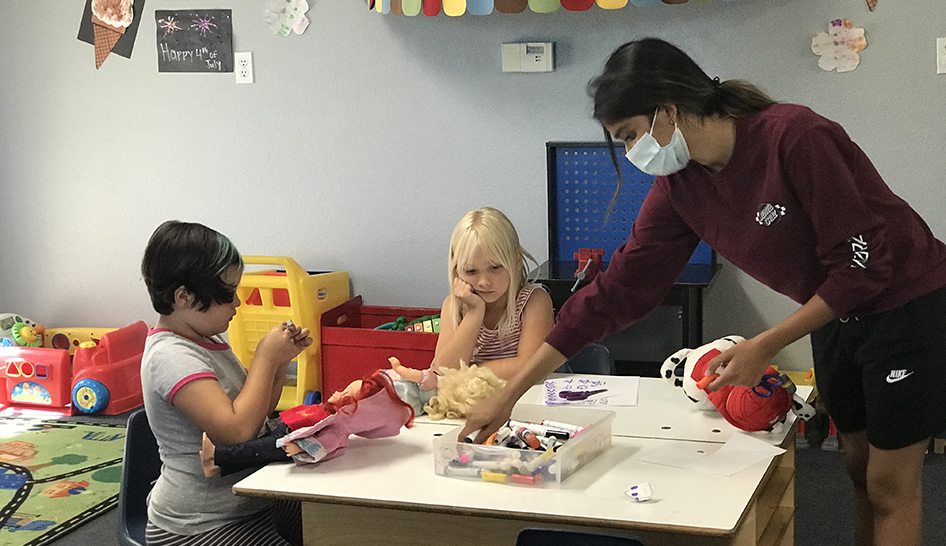Health clubs across the world play an integral role in the health and future well-being of children in their communities. Providing a safe and trusted environment for kids in your club offers its own unique set of challenges on any given day, but during a global pandemic there are myriad new challenges. Whether your club offers child care services, year-round kids fitness programming, summer camps, or all of the above, your club now must figure out how to respond to new COVID-19-related safety protocols as it relates to children, in addition to all other areas of your club.
According to the World Health Organization (WHO) #HealthyAtHome campaign, “Across the world, due to the spread of coronavirus disease (COVID-19), children are affected by physical distancing, quarantines and nationwide school closures. Some children and young people may be feeling more isolated, anxious, bored and uncertain.They may feel fear, and grief, over the impact of the virus on their families.”
Though new challenges will arise, the enhanced value of physical activity for children during this global crisis offers clubs new opportunities for member engagement and ancillary revenue. We talked to IHRSA members around the world about how they are adapting and growing their child care and fitness programs in the face of reopening.



